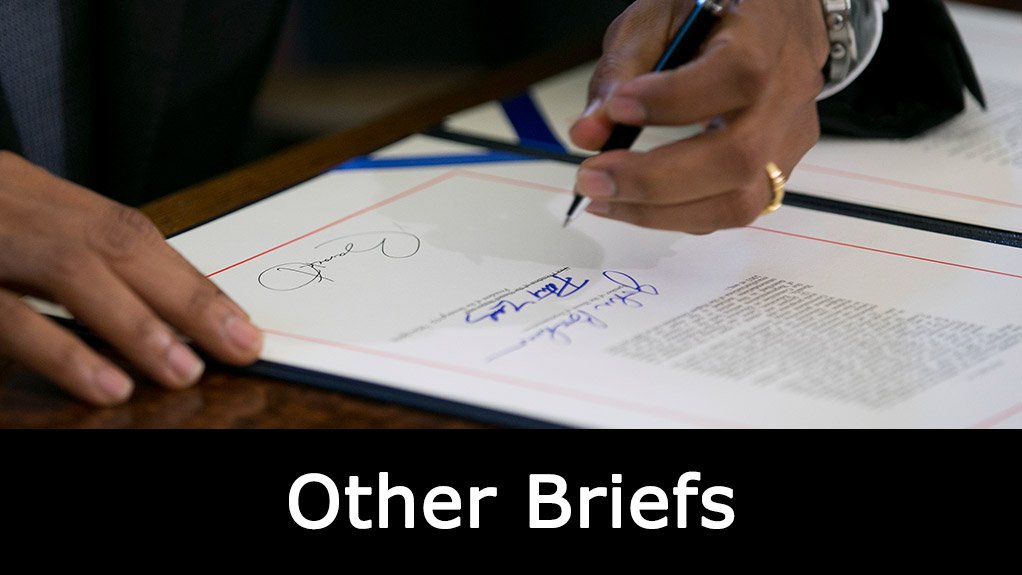Are you sure about signing a surety? Be sure, first, that you know the consequences. Once the surety has bound him or herself as a surety and co-principal debtor to a creditor the surety is obliged to perform all the obligations of the principal debtor to that creditor, whatever they may be. If the debtor has defaulted and the suretyship is in place, the creditor may, by issuing summons against the surety claim whatever amount is owing or demand performance of any action which the debtor had undertaken to perform.
Suretyship agreements are often signed simultaneously with the principal agreement which is usually a credit agreement of some kind. Where the principal debtor is a company or close corporation, the creditor will generally require a director of the company or a member of the close corporation, in his personal capacity, to sign as surety. If the suretyship is incorporated in, or forms an actual part of the credit agreement, the suretyship should be specifically drawn to the attention of the signatory. This may be done by its terms or headings being printed in a different colour or with a different font to emphasise the difference and to avoid any possibility that the document is regarded as a trap for an unwary signatory who signs both on behalf of the principal debtor and on his own behalf as a surety.
The facts of a recent decision in the Johannesburg High Court (Tuning Fork (Pty) Limited v Kilburn Auto Enterprises (Pty) Limited t/a Johannesburg Yamaha and another [2014] JOL 32393 (GSJ) also emphasised the need to ensure that a surety should know the identity of the principal debtor and on whose behalf he or she is standing surety. In this case the surety, when sued, admitted signing the deed of suretyship but contended that he had done so in favour of Tuning Fork (Pty) Ltd t/a After Market Products, one of six trading divisions of the company, and that it was not intended to be in favour of all the company’s trading divisions. The Court pointed out that divisions which operate within the same company or other juristic entities are not regarded as separate juristic personalities notwithstanding that they may sell different products to different clients. Thus the surety was liable to the company for its debts as a whole and not only for those of the division with which the surety had dealt.
Written by Lara van Rensburg, a Junior Associate in the Litigation Department at Garlicke & Bousfield Inc
NOTE: This information should not be regarded as legal advice and is merely provided for information purposes on various aspects of litigation.
EMAIL THIS ARTICLE SAVE THIS ARTICLE
To subscribe email subscriptions@creamermedia.co.za or click here
To advertise email advertising@creamermedia.co.za or click here











